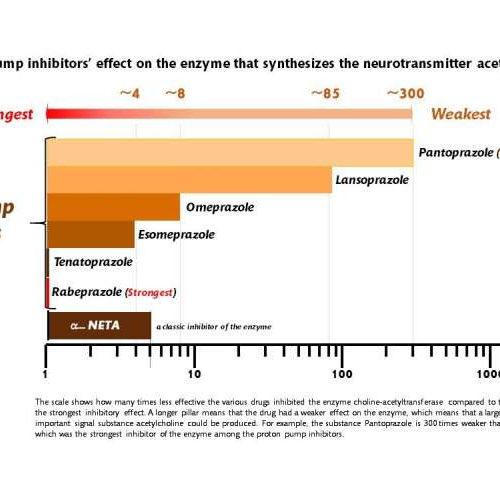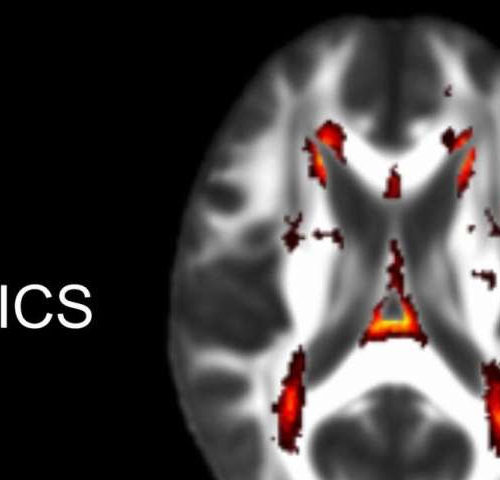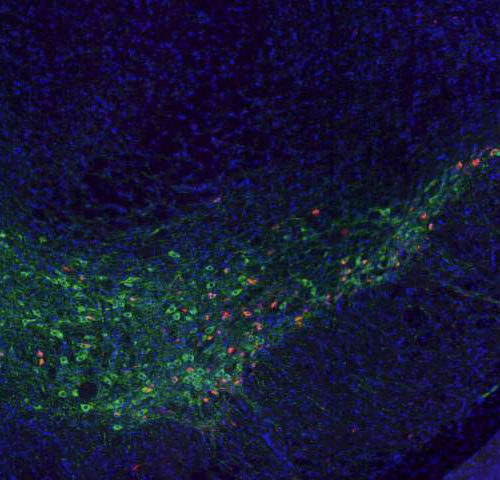by Karolinska Institutet Millions of people around the world use proton pump inhibitors for conditions like heartburn, gastritis and stomach ulcers. Researchers at Karolinska Institutet in Sweden now report that the long-term use of these drugs could increase the risk of developing dementia. Their results are published in the journal Alzheimer’s & Dementia. “We’ve been...
Tag: <span>Dementia</span>
Hearing loss and the connection to Alzheimer’s disease, dementia
Sound has the power to stimulate the brain, which is why hearing loss has the potential to have a profound effect on health—especially among older adults. About 1 in 3 people in the United States between the ages of 65 and 74 has hearing loss, according to the National Institutes of Health. A 2016 study...
Scientists uncover a gene that doubles the risk of developing several neurodegenerative diseases
by HudsonAlpha Institute for Biotechnology Richard M. Myers, PhD, and Nicholas Cochran, PhD, in the Myers Lab at HudsonAlpha Institute for Biotechnology. Credit: HudsonAlpha Institute for Biotechnology Scientists at the HudsonAlpha Institute for Biotechnology, the University of California, San Francisco (UCSF), and the University of Alabama at Birmingham (UAB), have identified a new risk factor...
Alzheimer’s patients may need dosing changes in medicines prescribed for other conditions
by American Chemical Society Patients with Alzheimer’s disease (AD) are often prescribed drugs for other conditions—including diabetes or high blood pressure—at the same doses as those without dementia. That practice might need to be reexamined in the wake of new mouse studies reported in ACS’ Molecular Pharmaceutics. The findings suggest that AD could alter absorption...
Study: An aspirin a day does not keep dementia at bay
by American Academy of Neurology Taking a low-dose aspirin once a day does not reduce the risk of thinking and memory problems caused by mild cognitive impairment or probable Alzheimer’s disease, nor does it slow the rate of cognitive decline, according to a large study published in the March 25, 2020, online issue of Neurology,...
Differences Between Alzheimer’s and Dementia
By Dr. Liji Thomas, MD Reviewed by Dr. Jennifer Logan, MD, MPH Why is the difference between AD and other dementias important?People have been talking about dementia and Alzheimer’s disease (AD) for over 100 years now. Yet, in most cases, the difference between them is not clear. Is there a real difference? The answer is...
Medication fog can mimic or worsen dementia in the elderly
This photo provided by Dr. Elana Shpall in February 2020 shows her artwork made from prescription medication tablets, capsules and pills. About 91% of people over 65 take at least one prescription medicine and 41% use five or more—what doctors call polypharmacy. The risk of side effects or interactions rises as the pill burden does,...
Medication fog can mimic or worsen dementia in the elderly
by Marilynn Marchione This photo provided by Dr. Elana Shpall in February 2020 shows her artwork made from prescription medication tablets, capsules and pills. About 91% of people over 65 take at least one prescription medicine and 41% use five or more—what doctors call polypharmacy. The risk of side effects or interactions rises as the...
Blood test identifies risk of disease linked to stroke and dementia
by Sarah C.p. Williams, University of California, Los Angeles A UCLA-led study has found that levels of six proteins in the blood can be used to gauge a person’s risk for cerebral small vessel disease, or CSVD, a brain disease that affects an estimated 11 million older adults in the U.S. CSVD can lead to...
Gene ID’d as potential therapeutic target for dementia in Parkinson’s
by Washington University School of Medicine Dementia is one of the most debilitating consequences of Parkinson’s disease, a progressive neurological condition characterized by tremors, stiffness, slow movement and impaired balance. Eighty percent of people with Parkinson’s develop dementia within 20 years of the diagnosis, and patients who carry a particular variant of the gene APOE...









